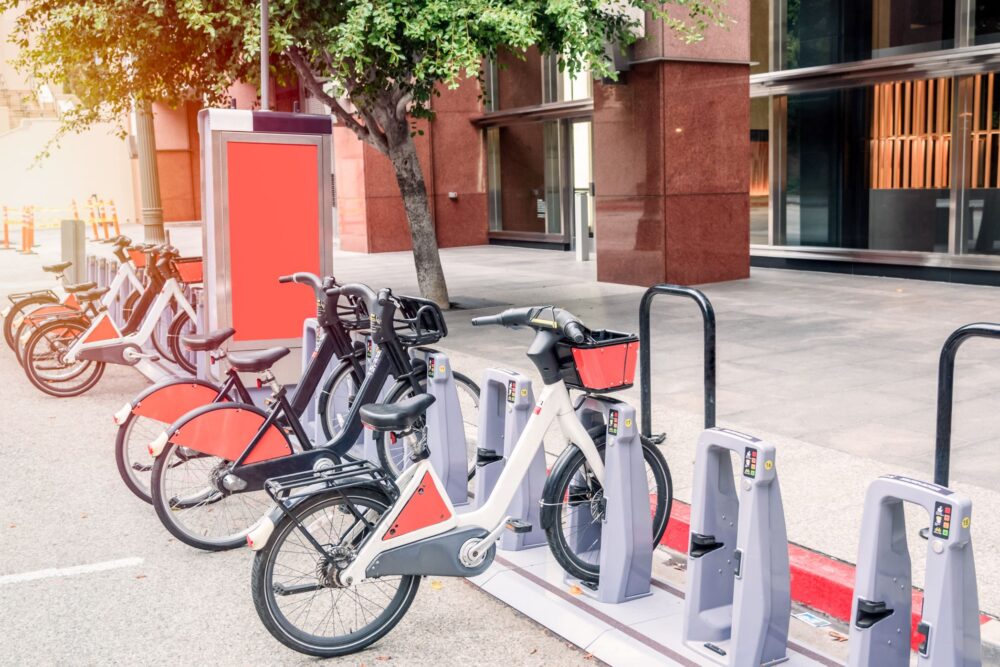
Shifting Gears: Using Results-Driven Contracting to Improve Metro-Boston’s Bike Share Procurement

Public-private partnerships often require complicated contracts stipulating how each party is paid and how stakeholders share responsibilities and risks. Setting up effective agreements often requires iteration, with parties reflecting on the lessons learned at the end of a contract and seeking to incorporate these lessons into future agreements. As part of Bloomberg Philanthropies’ What Works Cities initiative, the Harvard Kennedy School Government Performance Lab (GPL) provided pro-bono technical assistance to the Boston Transportation Department for its procurement of a bike share system operator.
Hubway, the bike share system that operates in the participating municipalities (PMs) of Boston, Brookline, Cambridge, and Somerville with the coordination of the Metropolitan Area Planning Council (MAPC), needed to procure an operator before the PMs’ current contracts expire in April 2017. The stakeholders leveraged this procurement to address the system’s greatest challenges: inconsistent bike and dock availability and a need for private capital to both expand to new neighborhoods and increase the density of stations in areas Hubway already serves.
This policy brief explores how the Request for Proposals (RFP) released in August 2016 by the MAPC on behalf of the PMs sought to align Hubway’s performance monitoring, operations, and financing structures toward achieving these goals.1 Section II provides background on Hubway and the development of the RFP. Section III explains how the MAPC and the PMs plan to use new metrics to improve the system’s performance monitoring. Section IV discusses efforts to enhance operations and meet user needs by increasing bike and dock availability and granting the operator greater flexibility. Section V describes how establishing a strategic revenue sharing agreement between the PMs and the operator can incentivize all parties to improve system performance. Key lessons from Section V include the following:
- Sharing revenue between the PMs and the operator can reduce transaction costs and simplify accounting requirements that have created challenges under the current contracts’ complex financial agreements.
- Distributing each specific revenue stream—such as user fees or station sponsorships—to either the PMs or the operator based on the connection between that stream and the party’s programmatic responsibilities can improve performance.
- Providing financial incentives for a contractor to reach revenue targets, which can be achieved only by maintaining user satisfaction, can serve a similar function as traditional performance indicators.
Section VI reflects on the broader lessons of the Hubway procurement for government transportation and public works projects.
More Research & Insights


Strengthening Vendor Engagement to Better Support Women and Minority-Owned Businesses in Buffalo, NY

Advancing Economic Mobility for Students in Lansing, MI

Advancing Equity through Capital Construction Projects in Asheville, NC

Strengthening Vendor Engagement to Better Support Women and Minority-Owned Businesses in Buffalo, NY
